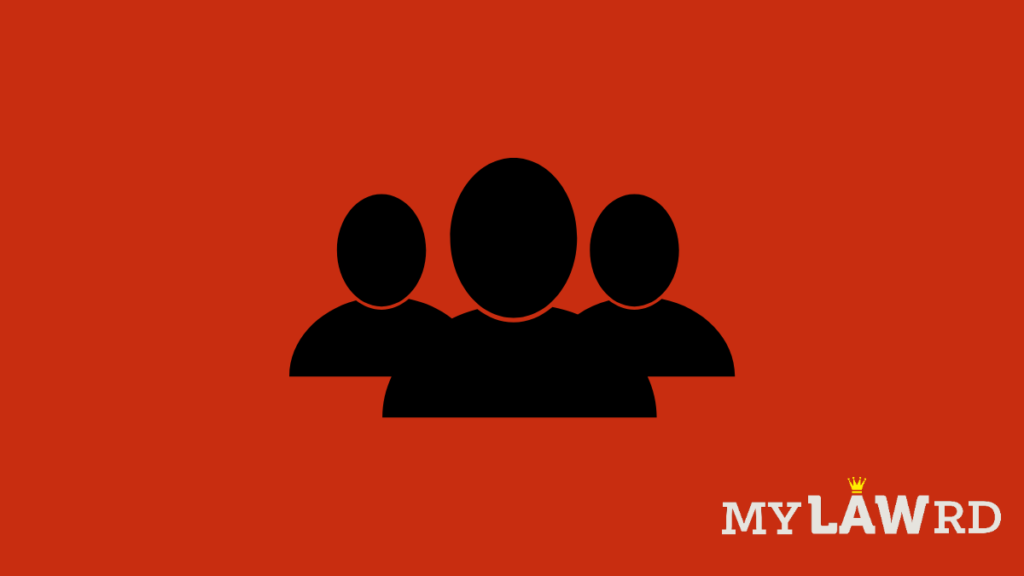The Nagpur Bench of the Bombay High Court has quashed criminal proceedings against a WhatsApp group admin.
The facts of the case bear that the accused had used filthy language against the complainant on the WhatsApp group. Following the act, the complainant approached the applicant/ accused No. 2, to ask the accused to submit an apology. However, the applicant expressed his helplessness in doing so following which, the complainant registered an F.I.R. under Section 354-A(1)(iv), 509, 107 IPC and Section 67 of the Information Technology Act, 2000.
After the investigating agency charge sheeted the applicant under the above sections, he moved an application under Section 482 before the High Court for quashing the charge sheet.
Reasoning of the Court
The court framed the following query to decide the case:
“Whether an administrator of a WhatsApp group can be held criminally liable for objectionable post of its member for committing offences?”
The Court reasoned that the administrator of a WhatsApp group does not have power to regulate, moderate, or censor the content before it is posted on the group. The court said:
In the absence of specific penal provision creating vicarious liability, an administrator of a WhatsApp group cannot be held liable for objectionable content posted by a member of a group, unless it is shown that there was common intention or pre-arranged plan acting in concert pursuant to such plan by such member of a WhatsApp group and the administrator.”
The court further added that it cannot establish common intention in a case of WhatsApp service user merely acting as a group administrator.
Examining the sections invoked, the court concluded that none of the sections had any ingredient which it could attribute to the accused.
The Decision
The court quashed the charge sheet against the applicant. It said that even if the allegations in the FIR are accepted as correct, and considering the material in the form of charge-sheet on its face value, it does not disclose essential ingredients of offences alleged against the applicant.
Similar Position of the Delhi High Court
Dealing with a similar case back in 2016, the Delhi High Court had also concluded that a group administrator cannot be held liable for defamation if the statements were made by a member of the group. [Ashish Bhalla v. Suresh Chowdhary & Ors. (2016 SCC OnLine Del 6329)]
The High Court had even observed that to make an administrator of an online platform liable for defamation would be like making the manufacturer of the newsprint on which defamatory statements are published liable for defamation.
Case: Kishor vs. The State of Maharashtra, Criminal Application (APL) No. 573 of 2016. before the High Court of Judicature at Bombay, Nagpur Bench.
Do subscribe to our Telegram channel for more resources and discussions on technology law and news. To receive weekly updates, and a massive monthly roundup, don’t forget to subscribe to our Newsletter.
You can also follow us onInstagram, Facebook, LinkedIn, and Twitter for frequent updates and news flashes about #technologylaw.

